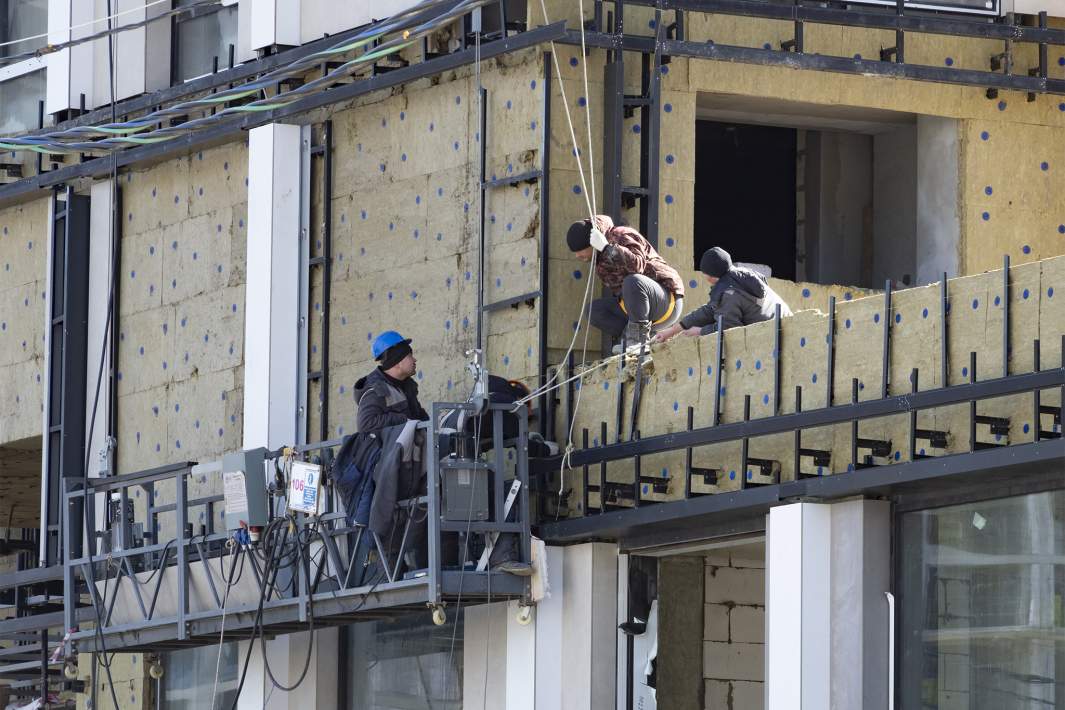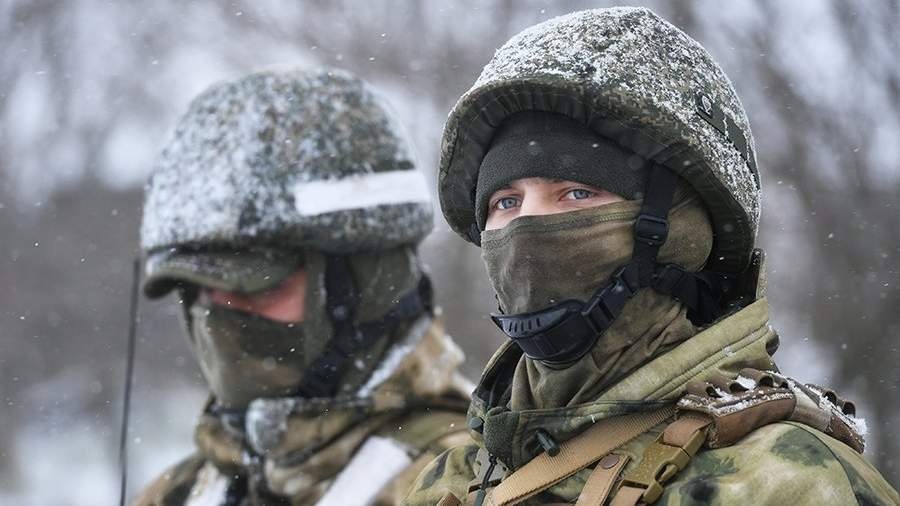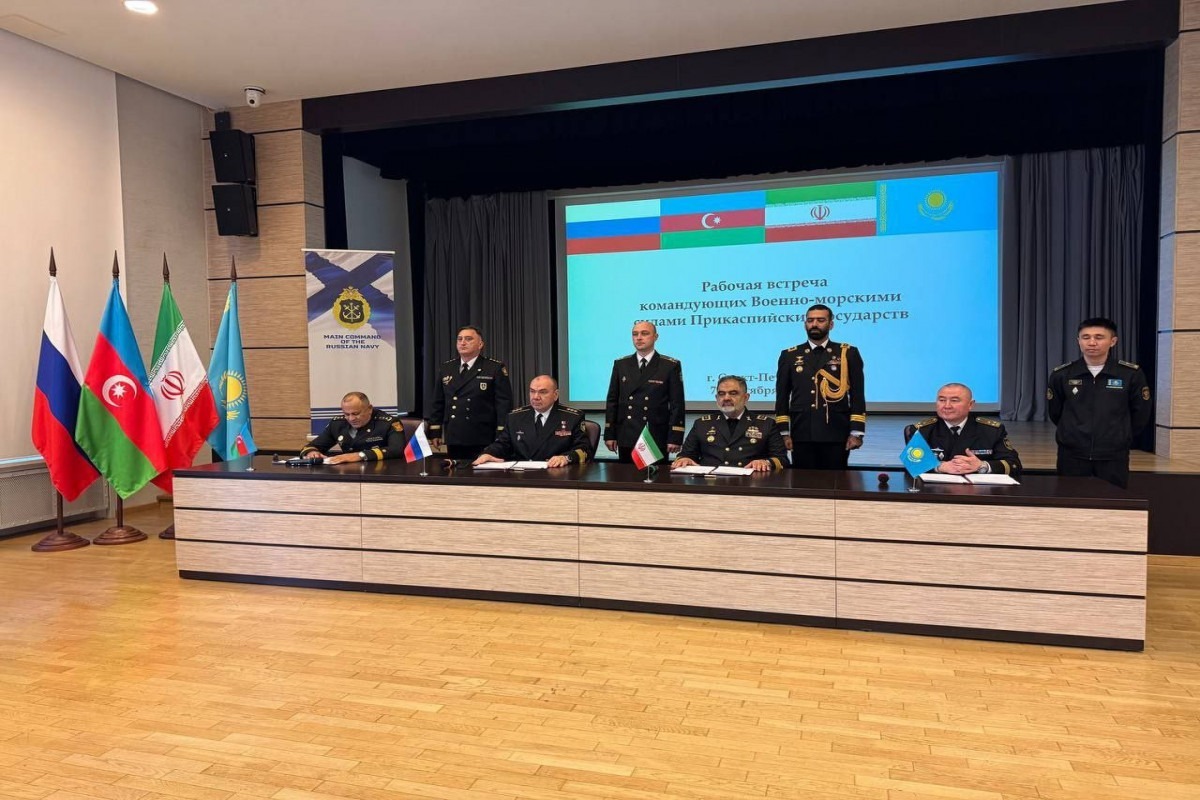
Belousov Appointed as Russian Minister of Defense
Belousov Appointed as Russian Minister of Defense
Executive Summary:
- On May 12, Moscow replaced Defense Minister Sergei Shoigu with Russian economist and former First Deputy Prime Minister Andrei Belousov.
- Belousov’s appointment is likely geared at optimizing military spending and improving the war economy, as the Kremlin struggles with unpredictable arms costs.
- The new defense minister will be responsible for solving logistical, recruitment, and financial issues, as well as navigating the complicated relationship between the Russian military, security agencies, and the Kremlin, which Shoigu failed to do.
On May 12, the Kremlin appointed Andrei Belousov as the new defense minister. Belousev served as the first deputy prime minister of Russia from January 2020 to May 2024. He replaces Sergei Shoigu, who had headed the Ministry of Defense (MoD) for almost 12 years. Besides the evident necessity to improve the financing of the war against Ukraine, Belousov must exercise better control over the Russian generals and their activities than Shoigu did. Moreover, Belousov’s appointment indicates that arms manufacturing, supplies, logistics, and recruitment of soldiers in the Russian Armed Forces are in a much worse state than Russian officials have previously claimed.
Since 2004, Russia’s ministers of defense—Sergei Ivanov, Anatoly Serdyukov, and Sergei Shoigu—have not had any experience in the armed forces prior to their appointments. Belousov continues this trend. Such practice is common in democratic countries but has different roots in Russia. The Kremlin traditionally does not trust military leadership. The past two decades have witnessed a near constant growth in military spending (the first significant and stable increase in arms procurements started in 2004 compared to 1992–2003 spending). Due to the subsequent increased importance of the MoD, the Kremlin has needed a trusted minister of defense who does not have strong loyalty to military generals. During the ongoing war, this political necessity has become even more urgent.
The main problem with Shoigu was that he and his cronies, the deputy ministers, started to trust the generals. This created a potential conflict of interest given some of the recent scandals involving MoD officials. The arrest of Deputy Defense Minister Timur Ivanov, who came to the MoD with Shoigu and was responsible for the multi-billion military construction and the military mortgage program, was a recent example. Another was the arrest of Lieutenant General Yuri Kuznetsov, chief of the Personnel Directorate, who was only appointed in May 2023. Belousov, by contrast, demonstrated that he has little loyalty to the generals. He responded to Kuznetsov’s demonstratively brutal arrest at the Council of Federation on May 14, saying: “You can make mistakes, but you must not be a liar.” Belousov also recognized the existing problems with military recruitment, which Shoigu had previously denied (Interfax; TASS; RG.ru, May 14).
In March, Lieutenant General Andrei Bulyga was appointed as the new deputy minister of defense responsible for supplies and logistics. He became the fourth person to assume this position since February 2022, following Army General Dmitry Bulgakov (July 2010–September 2022), Colonel General Mikhail Mizintsev (September 2022–April 2023), and Colonel General Alexei Kuzmenkov (April 2023–March 2024). The rushed appointment of Bulyga suggests that the situation with military supplies and logistics in Ukraine is extremely urgent, even more so than the Kremlin has let on (Interfax, March 11).
Whether the remaining ten deputy defense ministers will be replaced in the coming days, weeks, or months is unclear. Shoigu’s people—Ruslan Tsalikov, Yuri Sadovenko, and Pavel Popov—will likely be dismissed. Other deputy ministers have close ties to the Russian security services, including Nikolai Pankov, Viktor Goremykin, and Alexei Krivoruchko. Their career trajectories will be a significant indicator of changes (or the absence of such changes) within the MoD. The same is true for Tatiana Shevtsova, who has been responsible for all the MoD’s financial affairs since 2010.
The retirement of Army General Valeri Gerasimov, chief of the Russian General Staff and the first deputy minister of defense, is highly probable later this year despite official claims that there is no such option. Gerasimov will turn 69 in September and will be four years older than the age limit for Russia’s highest military commanders. His replacement will further reveal Russia’s “long war” strategy (Kremlin.ru, May 15; Consultant.ru, accessed May 16).
Besides logistics, recruitment, and financial issues, as well as the complicated relationship between the Russian military, the security agencies, and the Kremlin, Belousov’s responsibilities will involve optimizing procurements. Two weeks before his dismissal, Shoigu recognized that there were problems with the quantity and quality of the manufactured arms in contrast to his statements during 2023 and the first four months of 2024 (RIA Novosti, May 1).
One of the main problems for the Russian government is accurately estimating the final cost of arms. If the national defense and national security budgets for 2024 are 10.4 trillion rubles ($11 billion) and 3.3 trillion rubles ($3.6 billion), respectively, as was planned in December 2023, now the amount of these budgets together is anticipated to be 8.7 percent or more of GDP, about 15 trillion rubles ($17 billion). That means the national defense budget will come closer to 12 trillion rubles ($13 billion). The Kremlin is making every effort to manage the war economy and domestic politics, but it is yet to be seen if their efforts will pay off (Kremlin.ru, May 15). Moscow believes that a shake-up in the top leadership may change its fortunes.


